Ex-Croatian president "fears relocation of Syria to Balkans”
Monday, 05.06.2017.
12:13
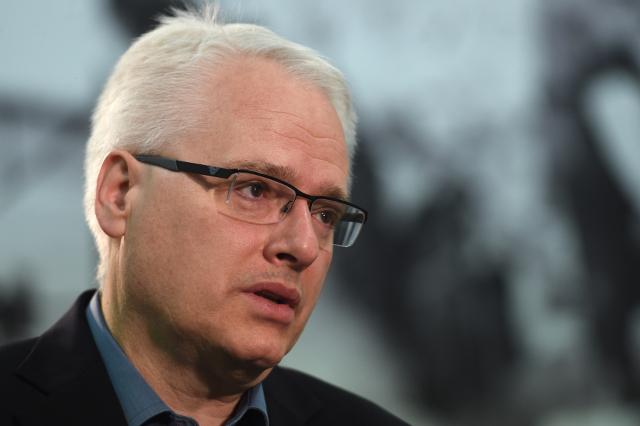
Ex-Croatian president "fears relocation of Syria to Balkans”
Ivo Josipovic, a former president of Croatia, arrived in Belgrade after a break of six years, as noted by journalists. Although he came to attend the Beldocs Film Festival and speak as a composer of the musical score for the film “Unwanted Heritage”, but also to hold a lecture on war crimes for students of master studies of the Faculty of Political Science, resounding most strongly with the public were his words stating that relations between Croatian and Serbian are at their worst since the war and that the current authorities are responsible for that.In this interview for CorD magazine, Josipovic explains why cooperation was better at the time when he was Croatian president, despite the fact that the two countries were then leading a dispute at the International Court of Justice in The Hague, under accusations of genocide. Commenting on that case, in which he himself participated as an expert for the Croatian legal team, Josipovic says that the positive effect of the Hague trial could be the fact that it established some facts about the war from the early ‘90s. Meanwhile the other war, the world one, and the attitude towards monuments raised in Croatia by fighters of the former joint “national liberation struggle”, is addressed in the aforementioned film, while Josipovic sees attempts to negate anti-fascism and revise history as contributions to neglecting historical and cultural heritage.
You recently visited Belgrade, where the film “Unwanted Heritage”, for which you wrote the music, was screened at the Beldocs Documentary Film Festival. Are you satisfied with the way you were received?
– I was extremely satisfied with the reaction of the audience in a crowded cinema, and the way the film echoed in the media. Director and screenwriter Irena Škorić, who is most responsible for this film, and I had a chance to talk with many media houses in Serbia that followed the film excellently. The success of the film is best illustrated by the fact that public interest led to the organising of a second screening.
The film deals with a topic that you often discuss – the neglect covering monuments to the National Liberation Struggle, but also remembrance of the struggle against fascism. How “unwanted” is antifascism as a topic in Croatia?
– Anti-fascism is an undesirable topic for a minority in society, but a noisy and aggressive minority, well-organised, with prepared long-term plans and activities. Now their already many years of ideological pressing and selective presenting of historical events through the prism of different values than those anti-fascist ones confirms the thesis that Ustashaphilia and historical revisionism have strengthened. I recognise a very similar process also happening in Serbia. Here they rehabilitated Draža Mihajlović (WWII Chetnik – Yugoslav royalist – leader) and Nedić (WWII Nazi occupation PM), while political parties laud their Chetnik heritage. On the other hand, in Croatia they want to show that the Ustasha (WWII Croatian fascists) criminals were true patriots and that they served the nation, while the Yugoslav partisans were the criminals and traitors. I imagine a documentary that would be called “Flipped heritage” … But both Croatia and Serbia were historically dominantly anti-fascist countries and I hope that, despite the current deviation and flirting with the most rigid right, in both countries European, anti-fascist heritage will prove victorious.
You state recently that you would remove the Ustasha plaque from the commemorative memorial at Jasenovac. How long will it stand there, and why does the government tolerate it being placed there?
– I honestly do not know. It is actually a prank. That memorial plaque probably wouldn’t be there if it wasn’t dedicated to the soldiers who fell in the last war. Unfortunately, and to our shame, their unit was used within the symbol of the Ustasha motto “For the homeland ready!”, so this plaque was put in place with this symbol, precisely in Jasenovac, in order to negate or relativize the mega crime committed by the Ustasha in Jasenovac during World War II. It would be simplest to place a memorial plaque for the fallen, but without the Ustasha insignia.
It seems that the latest developments on the Croatian political scene could lead to new elections. What do you expect in this regard?
– Our political scene is pretty chaotic. The electorate, and thus the composition of Parliament, at present and in future after possible elections, will be diversified and difficult to predict. This is especially so because it seems that all masks and principles have fallen. In forming coalitions, political principles and value systems are no more crucial than any other reason. Who would have thought yesterday that a rightist government, the same one that is accused of flirting with Ustasha ideas and discriminating against minorities, would support and save both the leading party of the Serbian community, the SDSS led by Milorad Popovac, and notorious right-wingers Hasanbegović, Esih and Glasnović!?
Experience suggests that an election campaign would not only cause delay in the dialogue between Croatia and Serbia, but also raise tensions. Will that be the case again this time?
– Always, at least a little, cross-border shots are also used in elections. But for mutual verbal confrontations, as we have seen, elections are not necessary. Politicians should know that the constant reheating of tension may boil over, grow out of control and lead to unnecessary harmful consequences for our relations and each country individually. Similarly, ethics, those of tolerance and encourage peace-making, should be adhered to by the media. They are now seriously involved in sparking conflict.
You gave a sharp assessment in Belgrade that relations between Serbia and Croatian are at their worst since the war. You also said that the responsibility for that lies with the authorities of the two countries and the media, as reserves in that duel. What do you base that conclusion on; many would you suggest that relations are more or less the same as they were?
– I wouldn’t agree with you. In 2011 and 2012 we had positive rhetoric among the political leaderships and regular meetings, formal and informal, while the media were much more moderate in their reporting, there was at least some acceleration in the resolving of outstanding issues, especially the search for missing persons, the return of cultural treasures, and we jointly expressed or respect for the victims of the war. In short, a positive atmosphere was created, far from ideal, but still better. This also led to the intensification of cultural exchanges, strengthened tourism, more investments etc.
During the time when you were Croatian President, the two countries were in dispute over genocide claims. You also personally collaborated on the writing of the Croatian lawsuit. From the perspective of the need to establish better relations, was that legal procedure necessary?
– During the time when work started on the lawsuit, I wasn’t in politics and was hired as an expert. As a professor, I received an inquiry from the office of President Tudjman regarding what I thought about the lawsuit. I said that there were a lot of crimes, but not genocide. President Tudjman received similar opinions from others and didn’t give the go ahead to initiate the lawsuit. However, when he got sick and was no longer effectively running the country, the then government nevertheless initiated legal proceedings. I told all subsequent holders of the highest office the same thing: that they cannot expect the International Court of Justice to rule on the existence of genocide and that it would be good to make a deal and use that to strengthen the peace process. The government decides on the initiating and withdrawing of lawsuits. Nobody had the strength and courage to initiate something like that, or they actually thought that they could still win the case. Today I still think that procedure had a very positive effect. For example, information was collected related to many crimes, with us in Croatia collecting data on connections between the Serbian government and military and paramilitary units and military engagements in Croatia, while your side collected data on crimes against Serbian civilians, arson attacks and assault. Awareness about what happened can be positive for both sides, if they even have the capacity for that. Actually, the judgement could help our societies to realistically perceive the causes and consequences of the war. The verdict of the International Court of Justice actually sent a clear message to both Croatia and Serbia, of course, if anyone wants to hear it. From this verdict one can conclude that Serbia waged war in Croatia, thus, it attacked another country, and that in that process many crimes were committed. However, Croatia also received the message that its forces committed serious crimes against Serbian civilians. Although all of these crimes are not genocide, they are terrible and should be condemned. I think that all present and future leaders of our countries should study that judgement well.
It seems that economic cooperation is an area where relations are improving faster. In this context, how would you comment on the Agrokor case?
– Yes, over the past few years economic cooperation has gradually increased. In principle, Agrokor’s investments in Serbia are proof of that. However, we see what happened with Agrokor and we now need to ensure that the consequences, for employees and the national economies, are as mild as possible.
Could the Agrokor case undermine faith in the need for economic connections in the region?
– I think the Agrokor case is more like a school on models of economic behaviour and corporate development than it could lead to talk about cross-border connections. Today the economy is globalised and the idea that of a country being economically self-sufficient, limited to its own capital and investments, is anachronistic and detrimental to economic development.
Can relations in the region, viewed more broadly, be repaired or are they threatened with new tensions, as suggested by the periodic analysis of foreign experts? Alongside the crisis in Macedonia, early elections are coming up in Kosovo and there is again talk of a “Greater Albania”.
– I think many analysts, and not just foreign ones, rightly warn that the situation could spiral out of control. Instability, and the political ideas that encourage it, is visible in several countries. Personally, I most fear the kind of unravelling that I vividly dub “the relocation of Syria to the Balkans”. However, I hope there will be enough wisdom to avoid any scenario in which the wider region would again experience armed conflict and violence.
How important is the EU to the stabilising of relations in the region? Do you see it as being present in the Balkans or losing interest in the region?
– I would not say that there is no interest in the Balkans within the EU. I think all relevant factors know that Europe is incomplete without its southeast region. Croatia became a better society through accession negotiations. However, we now have social regression and the weakening of some important values that we thought had been definitively adopted. And corruption is on the rise … This is a lesson for countries aspiring to become members. Complying with the criteria for admission as a member does not represent the completion of the job. One must constantly be ready and able to make the changes that are dictated by extremely dynamic social and political scenes. However, if there is an intrinsic interest in the Balkans, it is obvious that certain European politicians are tired of it. They are tired of nationalism that does not relent, unwillingness to eradicate corruption and implement reforms, constant antagonism and unwillingness to resolve bilateral problems, to make compromise. Such a negative attitude will seriously backfire on some countries…
Hypothetically, in your opinion, what could today represent a common political denominator around which the countries of the region could agree, if such a possibility even exists?
– I was hoping, and I still hope, that the leading politicians will finally understand that European values and cooperation in achieving them leads all countries in the region towards prosperity, providing security and the possibility of development. However, to date we have not seen unity in that… Nevertheless, we certainly won’t get to this common denominator by switching some switch, from today to tomorrow. It requires hard work, lots of understanding, trust and goodwill. Today we are quite a long way from that…
Trieste should host the continuation of the dialogue between the countries of the Western Balkans this June, which is also supported by Croatia. How do you see this process and what do you expect from it?
– It is important to talk, but we should finally insist on concrete progress. For example, at the Brdo-Brijuni Conference in Dubrovnik in 2014, in the presence of Chancellor Merkel, we made important conclusions on energy and road corridors that have found their place not only in the plans of the EU, but also in its budget. Here I’m referring back to your thesis that the international community is tired, and adding that it is tired of the unwillingness of our political leaders to take serious steps.
How does the EU look today, from the Croatian perspective?
– There is no single Croatian perspective. Some are disappointed, some are realistic, some, like me, remain optimistic despite the crisis in the EU. Brexit deals a serious blow to the European idea. However, I think it showed that Europe needs to choose its own path more clearly. Faced with the challenges of its surroundings, politics, security and economics, on the one hand there needs to be “more Europe”, in my opinion, especially in the foreign and security policies and the economy. On the other hand, Europe should give up on the idea of standardising absolutely everything. There should be a clear projection of its future as a kind of strongly decentralised confederation, but also with clear integrative elements. What is an obstructive factor for the EU is the lack of a European identity for citizens. Citizens don’t feel like Europeans and do not have the feeling of belonging to Europe. Their generally link their sense of belonging to their national state. I say only half-jokingly that Europe urgently needs to compete in football’s World Cup with its own national team, the national team of Europe, which Europeans would cheer for once their own national teams were knocked out of the competition. I hope you understand what I want to say … Those who are most disappointed with Europe are those who thought EU entry would cause piles of money to fall from the sky. Europe is a chance, an opportunity that we must use with work, not a gift voucher…
The recent French presidential election brought victory for Emmanuel Macron, who supports the EU but advocates for reforms and is one of the proponents of a multi-level EU. How do you see this idea of different categories of member states within the EU and where would Croatia’s place be in that?
– Macron’s election is good news for Europe. At least for a while, ambitions to demolish Europe will not be achieved. However, Brexit and the strong growth of anti-European parties in many countries must provide a lesson. Europeanism is not developed and maintained by itself. Many in politics thought that Europe is there, once and for all, but only change is constant, and not always for the better. Otherwise, I don’t like the idea of different categories of membership. I would like for it not to be accepted. However, on the one hand it reflects the reality; many newly admitted countries, including Croatia, find it difficult to keep pace with those that are more developed. However, responsibility and solidarity should be the guiding notion, not the idea of dividing Europe. I’m afraid that it would surely lead to the disintegration of the EU. And let’s not forget that the EU is primarily a large, fateful peace project.










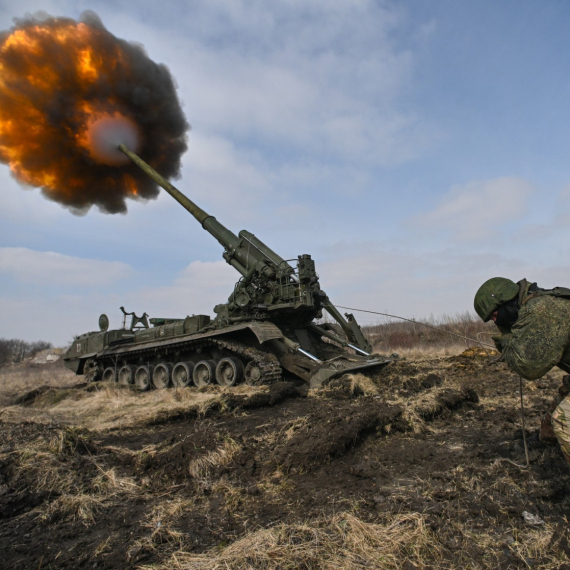
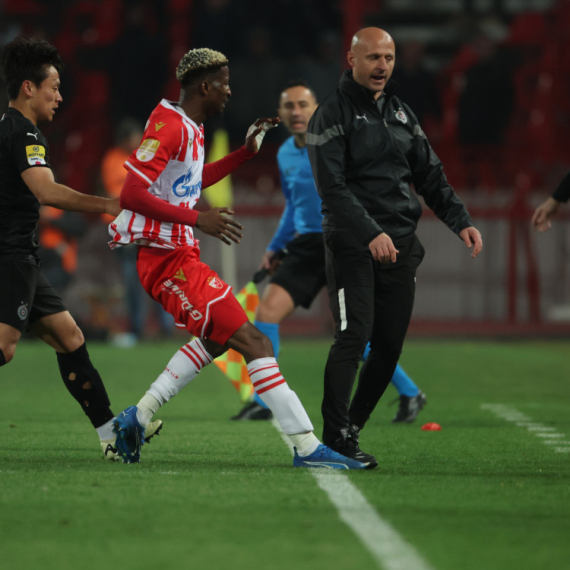
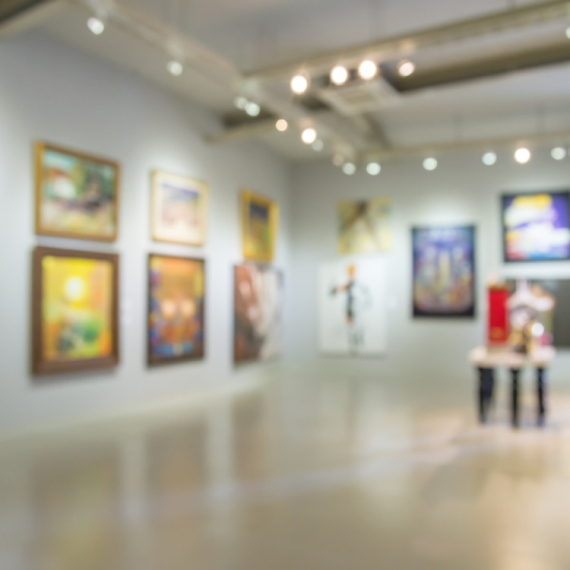
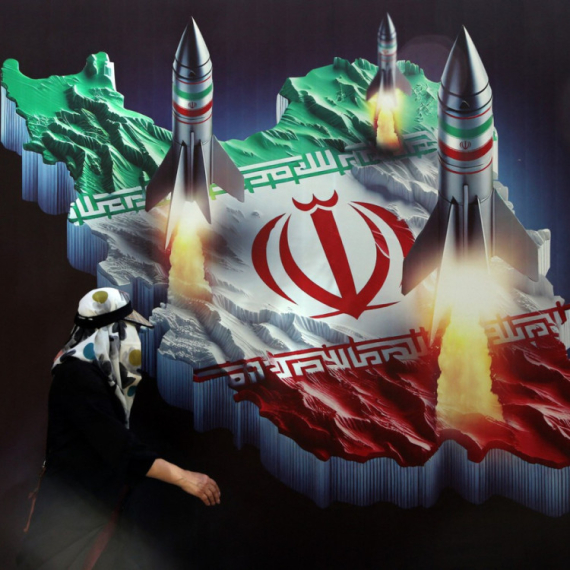

Komentari 4
Pogledaj komentare